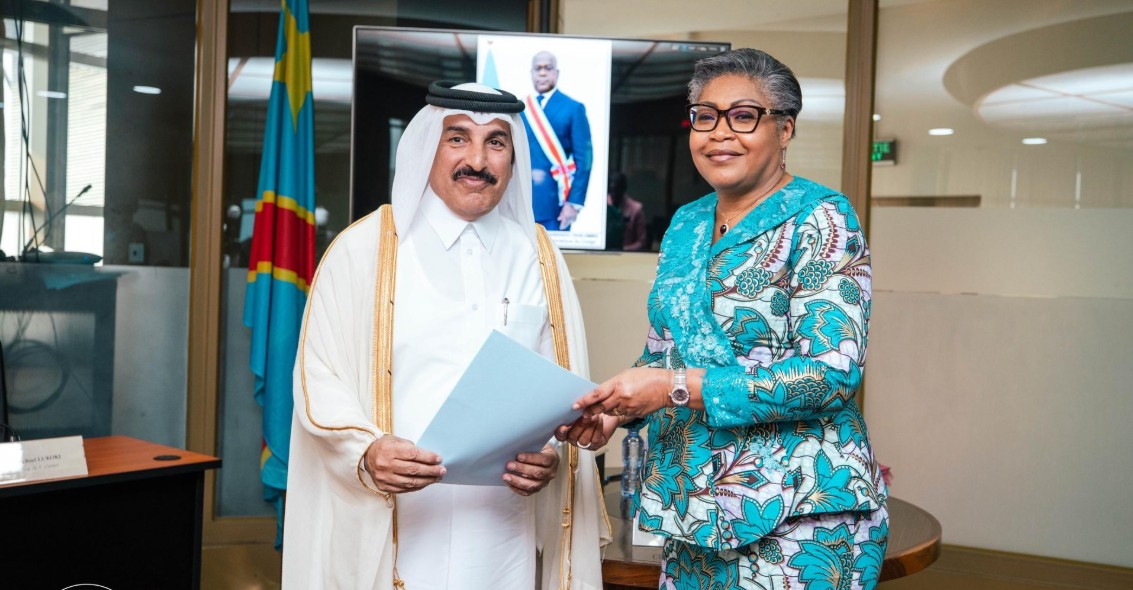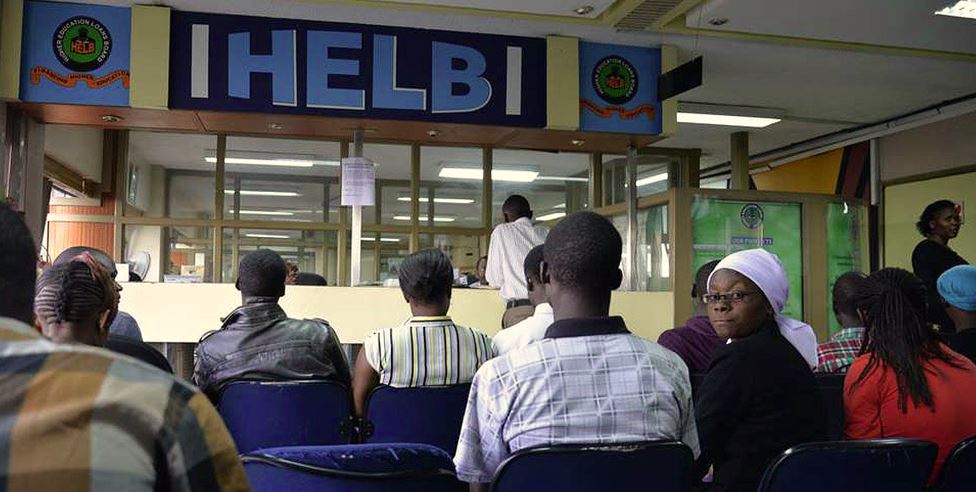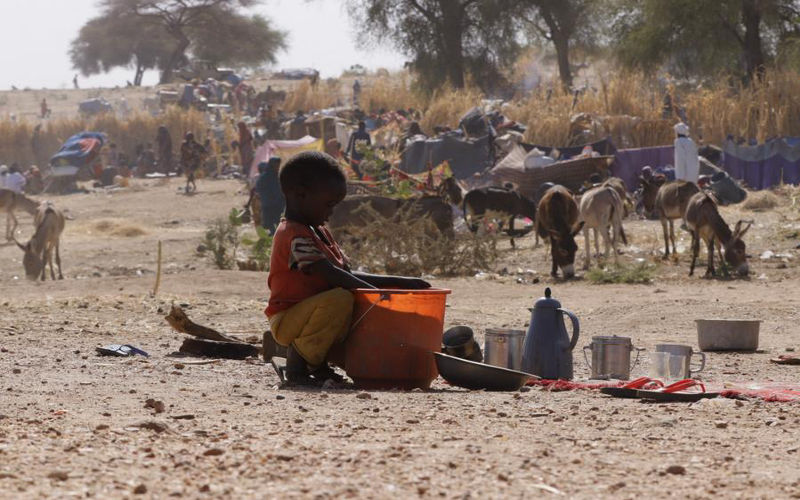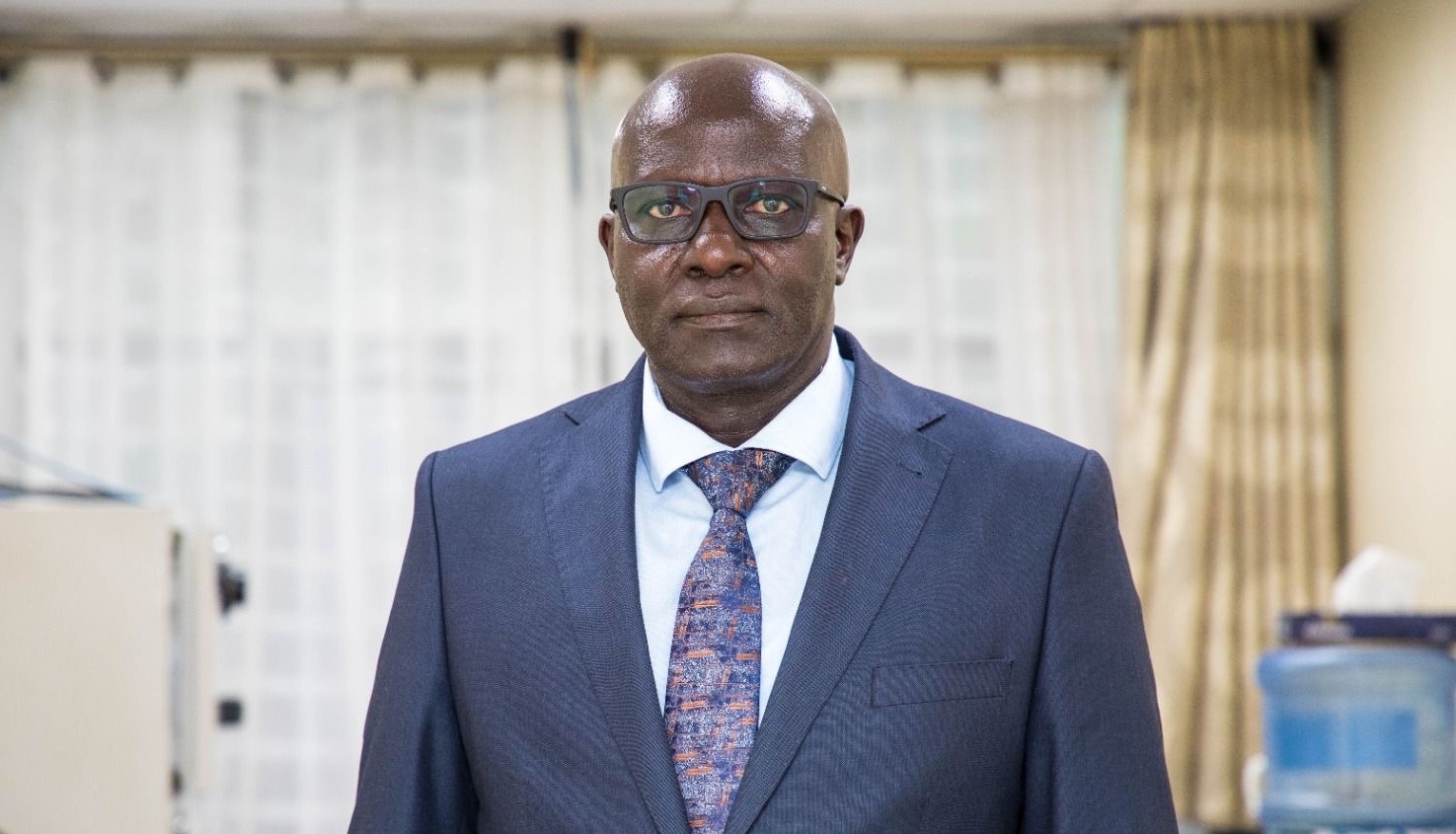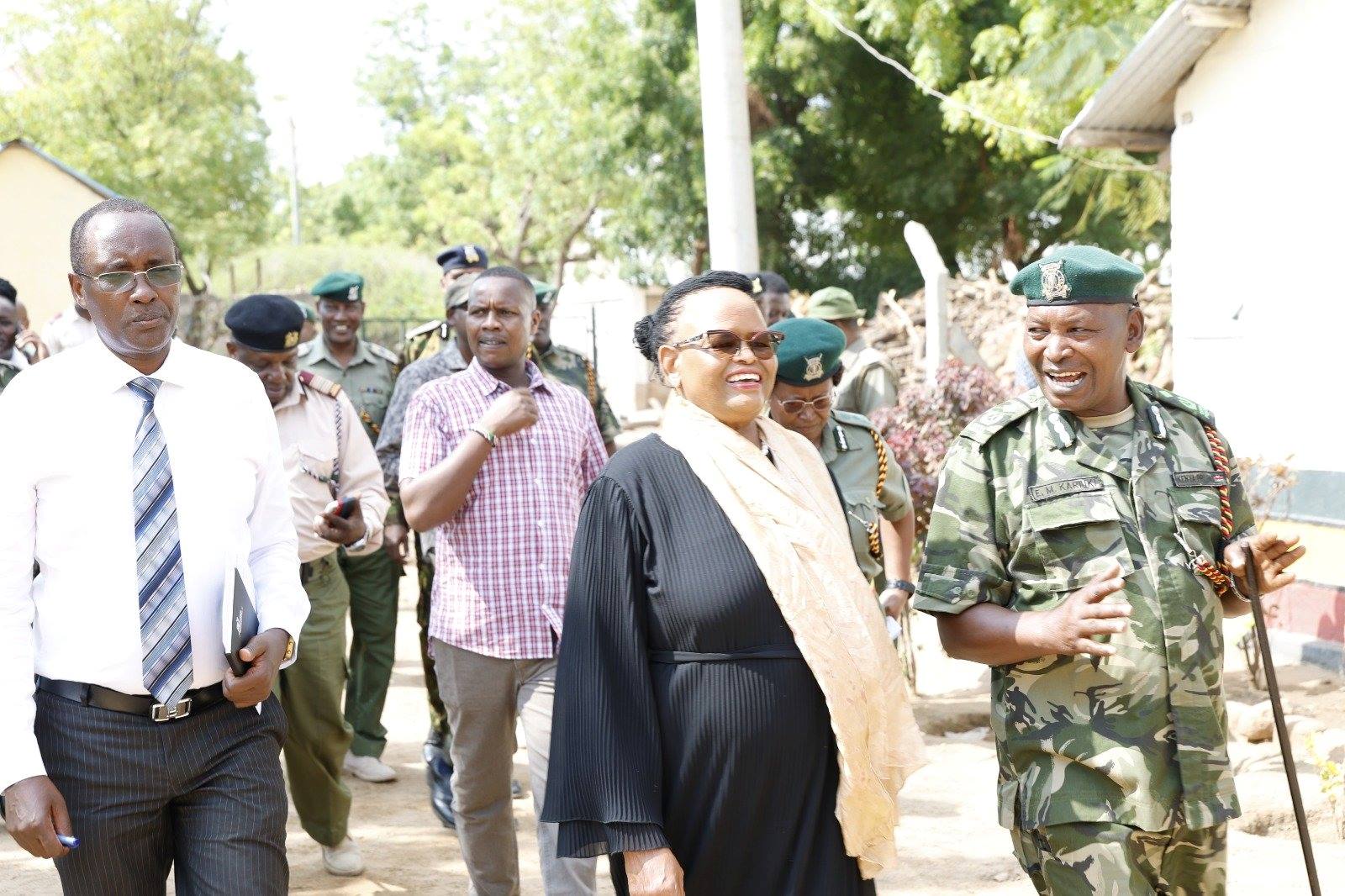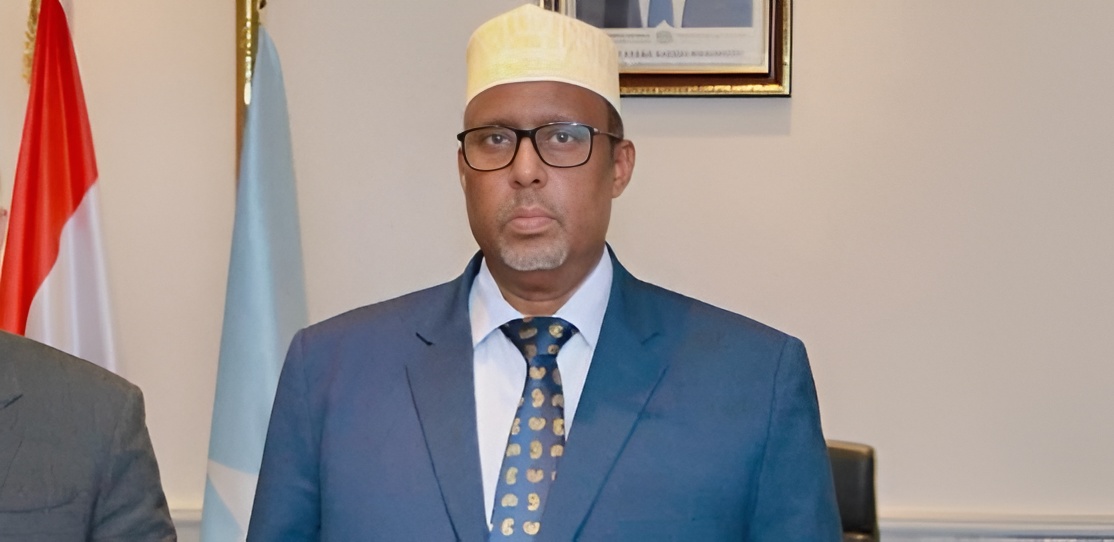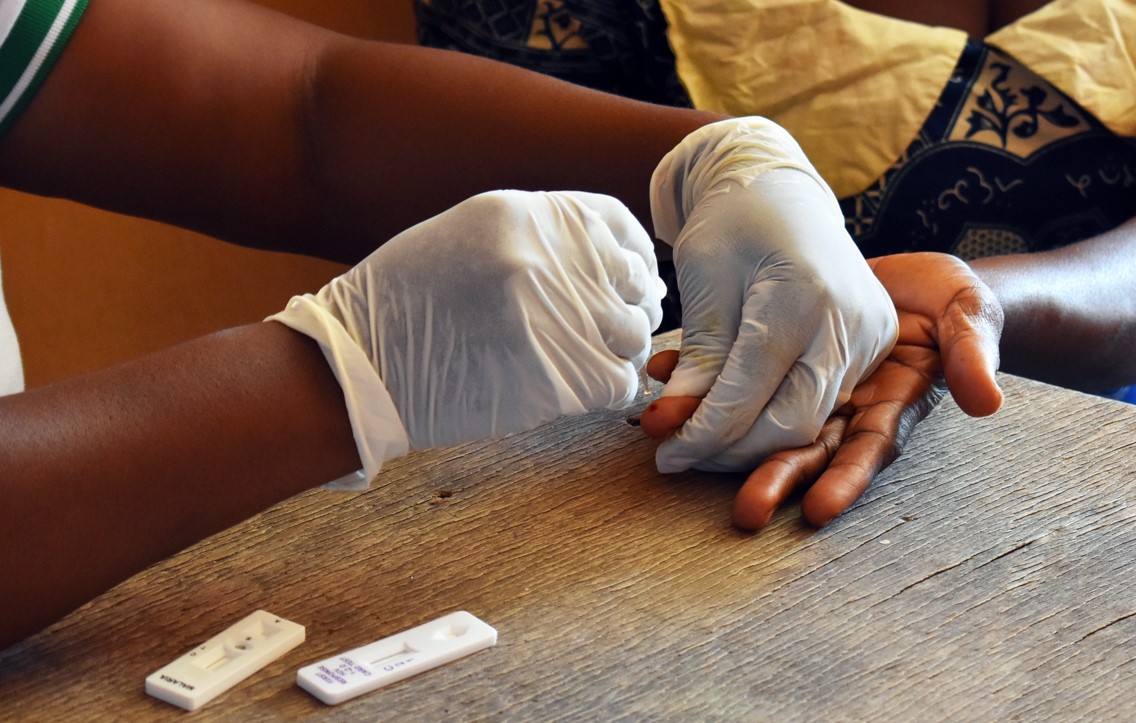Egypt warns Ethiopia of consequences for Grand Ethiopian Renaissance Dam impact
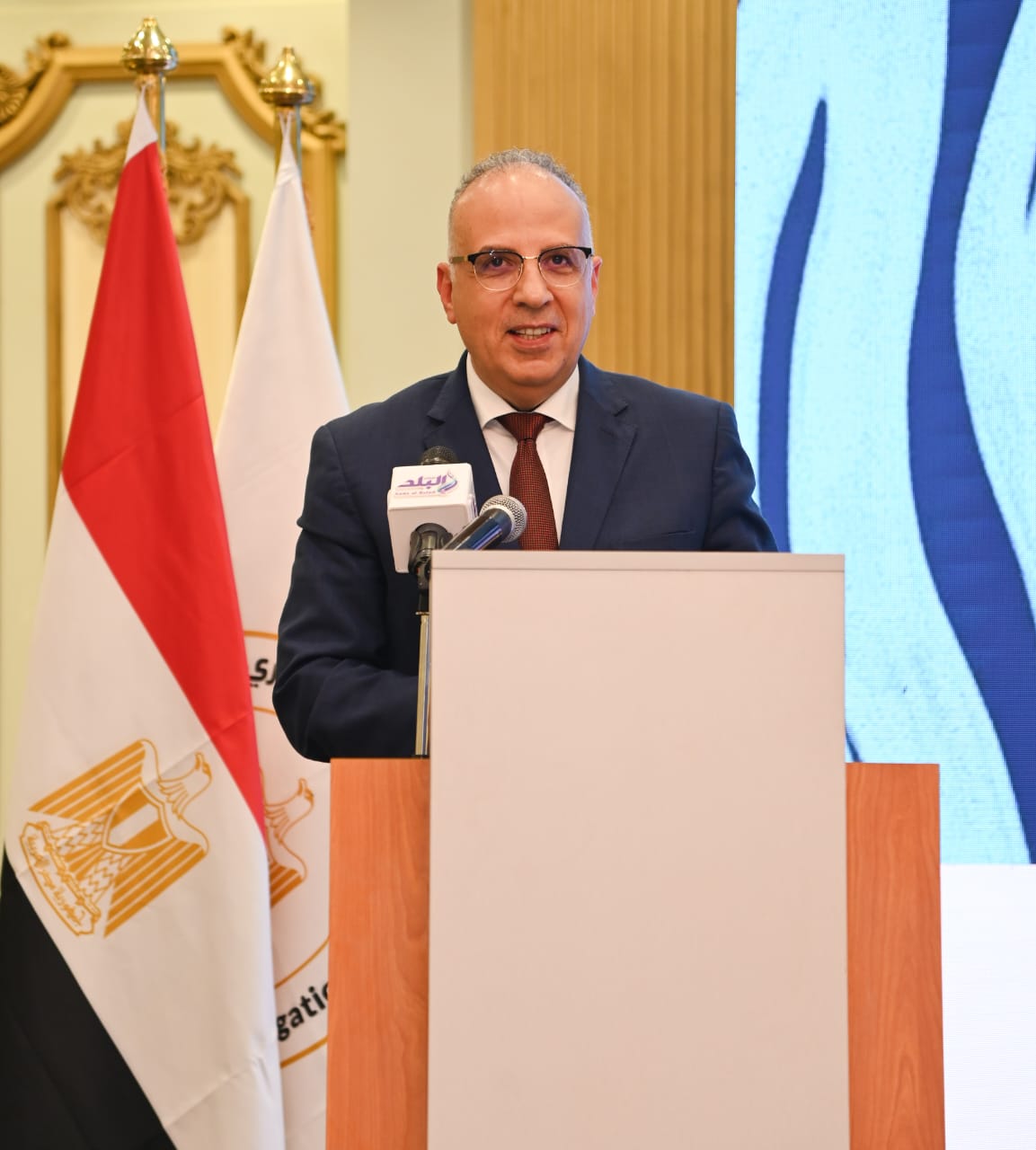
The dispute over the GERD is part of a long-standing feud between Egypt and Sudan—the downstream states—on the one hand, and Ethiopia and the upstream riparians on the other over access to the Nile's waters.
Egypt's Minister of Irrigation and Water Sources, Hani Sewilam, delivered a firm message to Ethiopia regarding the Grand Ethiopian Renaissance Dam (GERD), stating, "Any dam constructed along the Nile River affects Egypt. Some impacts are manageable, others are not. Ethiopia will pay for any impact on Egypt one day."
Speaking at World Water Day on Wednesday, Sewilam referenced the 2015 Declaration of Principles, emphasising that the responsible party for downstream harm must bear the cost.
More To Read
He asserted Egypt's right to protect its security if threatened by the dam's operation.
Sewilam highlighted the risks posed by GERD during extended droughts, stating, "In the case of extended drought, which could last for years, GERD would pose risks to Egypt."
He stressed the need for water releases from GERD's reservoir to ensure sufficient supply for Egypt and Sudan during such crises.
Calling for a binding legal agreement, Sewilam said, "We need a binding legal agreement outlining protocols for addressing drought conditions, the refilling phase, and water resource management."
He noted a lack of recent progress in negotiations with Ethiopia and Egypt's adoption of new water resource policies.
Egypt and Sudan have long sought a legally binding agreement governing GERD's filling and operation to safeguard their water security.
However, Ethiopia prefers non-binding guidelines, raising concerns for Egypt's water supply heavily reliant on the Nile.
The dispute over the GERD is part of a long-standing feud between Egypt and Sudan—the downstream states—on the one hand, and Ethiopia and the upstream riparians on the other over access to the Nile's waters, which are considered a lifeline for millions of people living in Egypt and Sudan.
Despite the intense disagreements, though, Ethiopia continues to move forward with the dam, arguing that the hydroelectric project will significantly improve livelihoods in the region more broadly.
Top Stories Today



